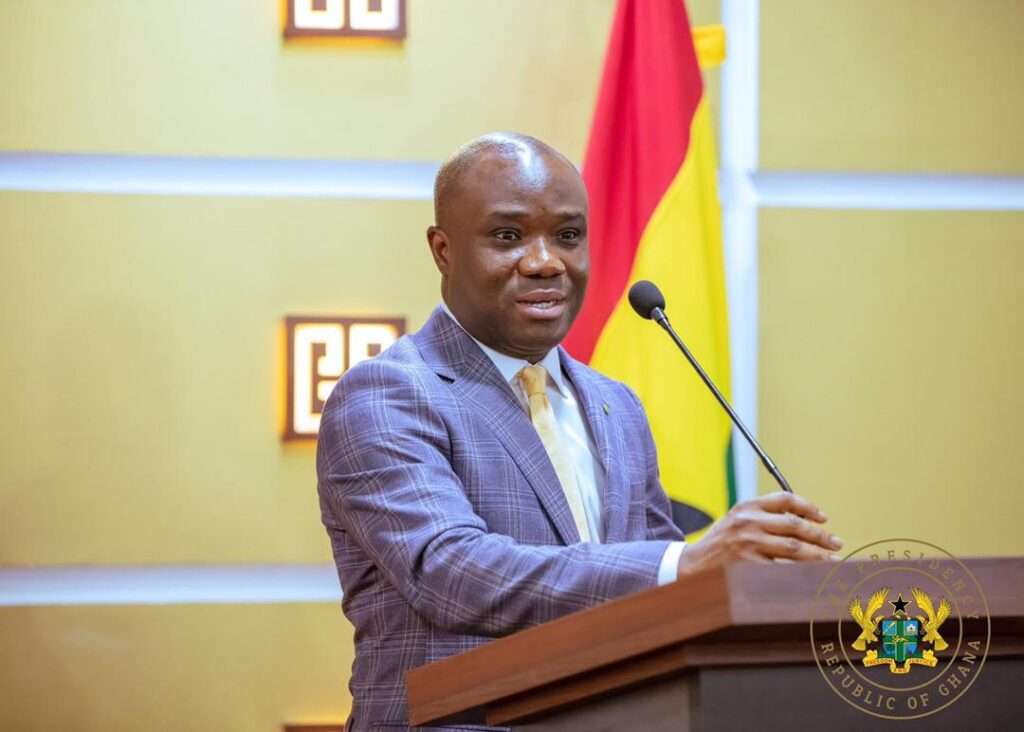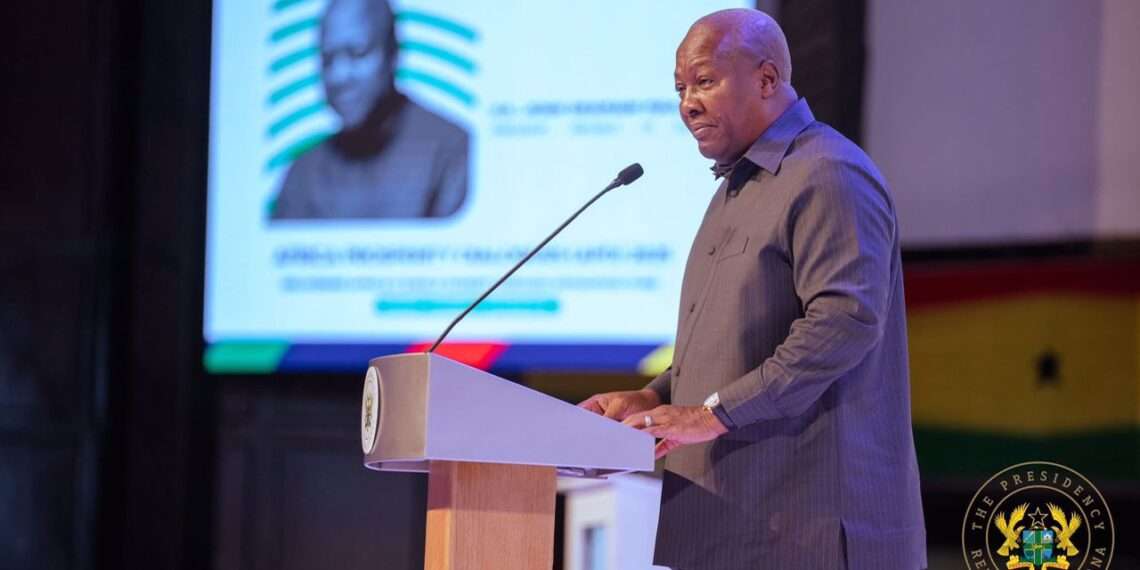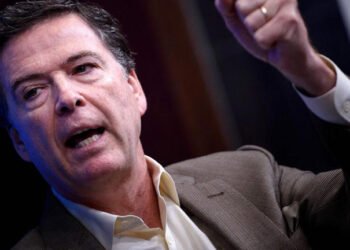The Government of Ghana, under the leadership of President John Dramani Mahama, has announced the National Economic Dialogue (NED), set to take place on March 3rd and 4th, 2025, at the Accra International Conference Centre.
This significant national event is poised to serve as a crucial platform for addressing Ghana’s economic challenges and identifying viable solutions for sustainable economic growth.
President Mahama is set to deliver the keynote address under the theme “Resetting Ghana: Building the Economy We Want Together.”
“This initiative represents a crucial step in fulfilling President Mahama’s campaign promise to involve citizens in discussions that shape their economic future. The dialogue will promote consensus and collaboration among participants regarding priority policies and structural reforms”.
Hon. Felix Kwakye Ofosu (MP for Abura Asebu Kwamankese) Spokesperson to the President, and Minister, Government Communications
The National Economic Dialogue 2025 marks a strategic move by the government to engage stakeholders across different sectors in crafting solutions that will drive economic stability and transformation.
Participants will include representatives from the private sector, academia, public policy institutions, and civil society organizations.
The forum aims to address key economic issues and explore strategies to tackle macroeconomic instability, improve business competitiveness, and restore investor confidence.
It will also focus on strengthening good governance and implementing structural reforms necessary for long-term resilience and growth.
Thematic Areas of Discussion
Discussions at the dialogue will be structured around thematic sessions focusing on critical areas essential for Ghana’s economic resurgence.
The key themes include: achieving sustainable macroeconomic stability – to address inflation, exchange rate volatility, and fiscal discipline, and promoting economic transformation – advancing industrialization, enhancing productivity, and diversifying the economy.
Other thematic areas include advancing infrastructure Development – to identify solutions for improving roads, energy, and digital infrastructure and implementing structural reforms – to strengthening governance, legal, and institutional frameworks to support long-term economic progress.
The dialogue is also set to ensuring private sector-led growth – to create an enabling business environment, boosting entrepreneurship, and fostering investment, in addition to restoring good governance and combating corruption – to strengthen accountability mechanisms and enhancing transparency in public financial management.

A Call for National Collaboration
The government emphasized that the dialogue is not merely a consultative process but a working session where stakeholders will establish clear commitments and milestones to drive tangible economic recovery.
The goal is to create a roadmap that ensures the implementation of practical, sustainable solutions to Ghana’s economic challenges.
According to the government’s spokesperson and Minister for Government Communications, Hon. Felix Kwakye Ofosu, the dialogue represents a fulfillment of President Mahama’s promise to engage citizens and experts in shaping Ghana’s economic direction.
“This dialogue is an opportunity for all Ghanaians to be part of a national effort to reset our economy and create a future that works for everyone. The government remains committed to fostering collaboration and consensus on policies that will enhance business opportunities and improve living conditions”.
Hon. Felix Kwakye Ofosu (MP for Abura Asebu Kwamankese) Spokesperson to the President, and Minister, Government Communications
The National Economic Dialogue 2025 is expected to outline a set of actionable recommendations and strategies for economic revitalization.
Among the anticipated outcomes are: a policy roadmap for achieving macroeconomic stability, strategies for enhancing private sector participation and investment, clear timelines and milestones for implementing structural reforms and a governance framework to strengthen anti-corruption efforts and public sector accountability.
The government has assured that a comprehensive report detailing the recommendations and resolutions from the dialogue will be published and made available to the public.
The Mahama-led administration has reiterated its dedication to transparency, accountability, and participatory governance in economic management.
The dialogue will be a defining moment in shaping policies that directly impact businesses, entrepreneurs, and the general citizenry.
READ ALSO: Government Settles DDEP Coupons, Strengthen Debt Buffers Through Sinking Fund



















